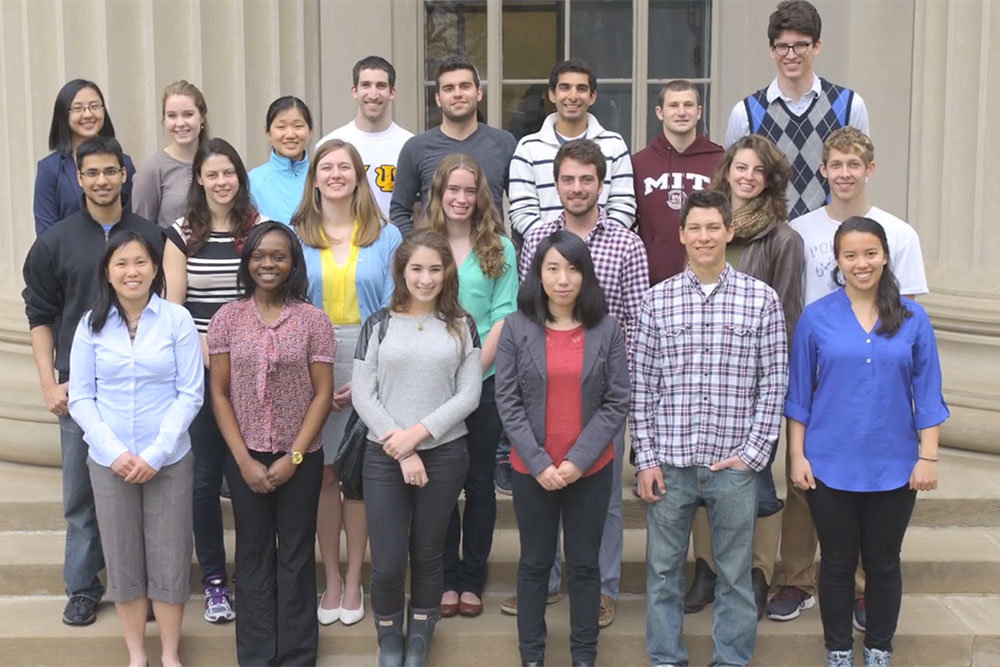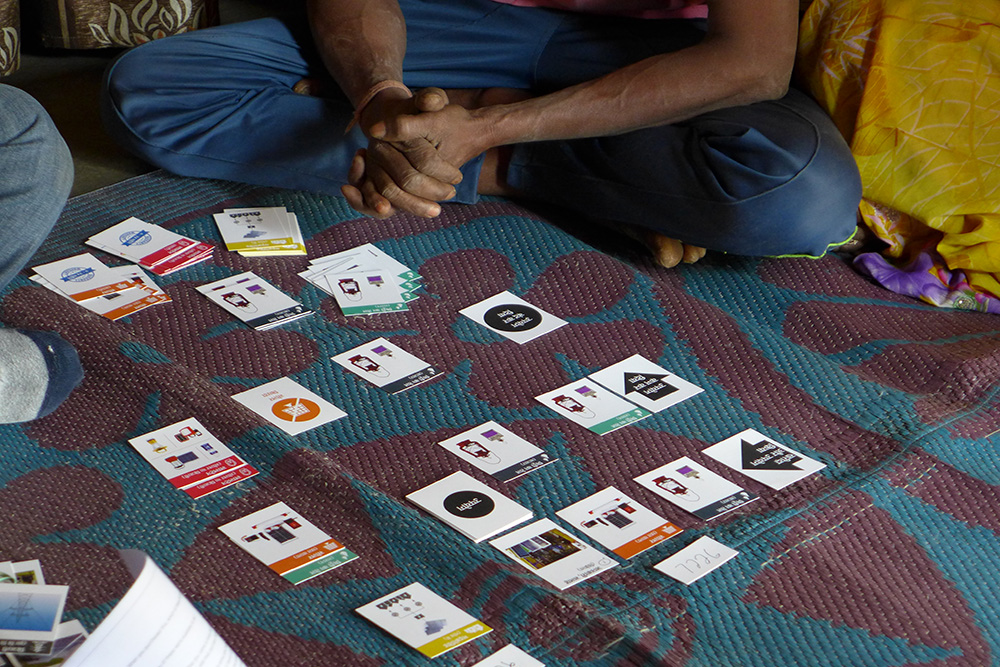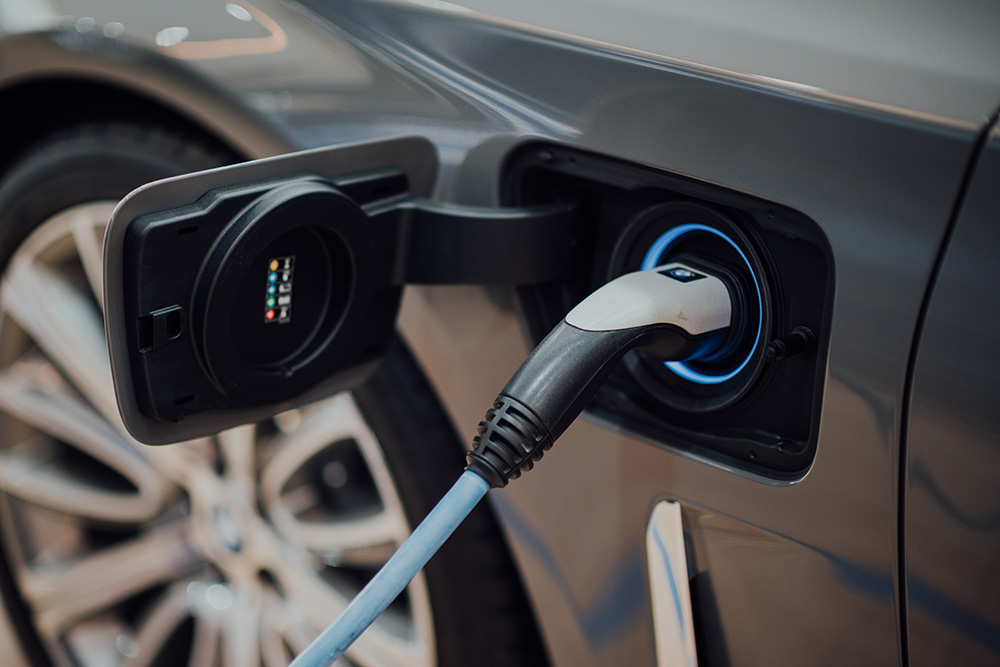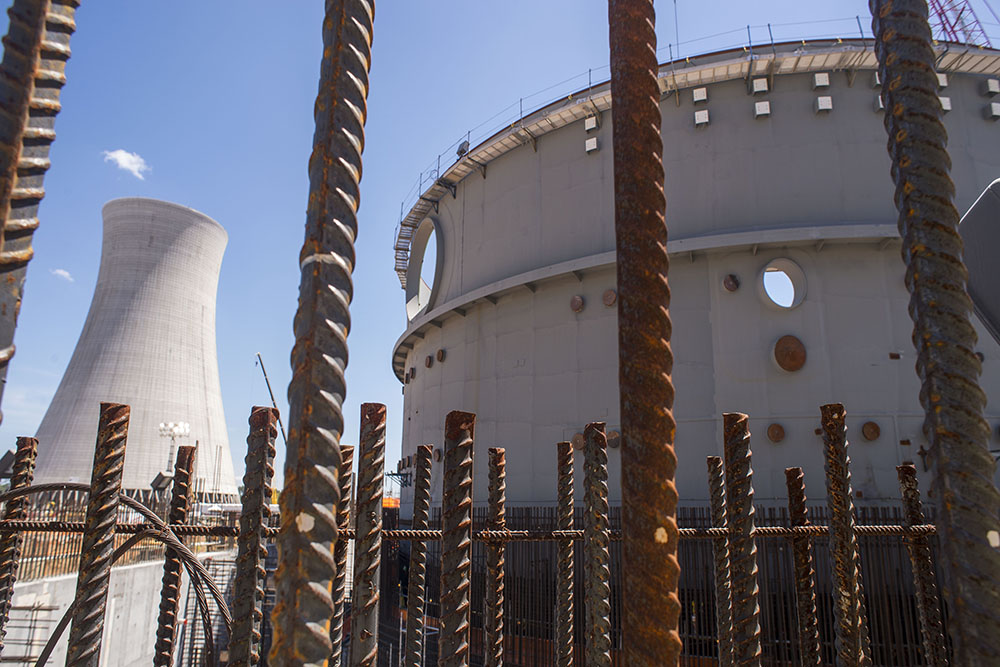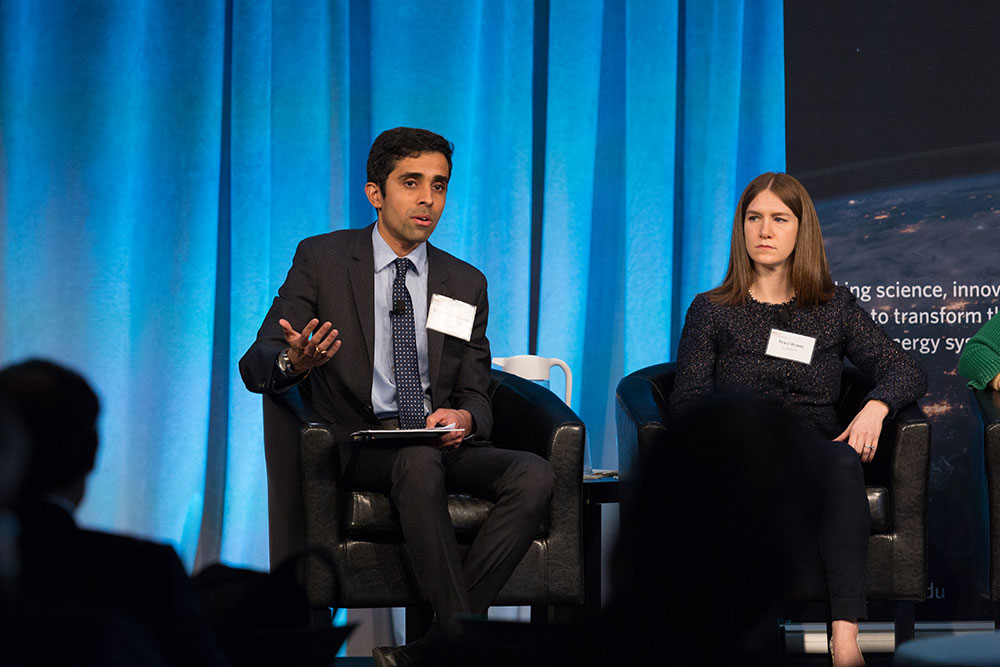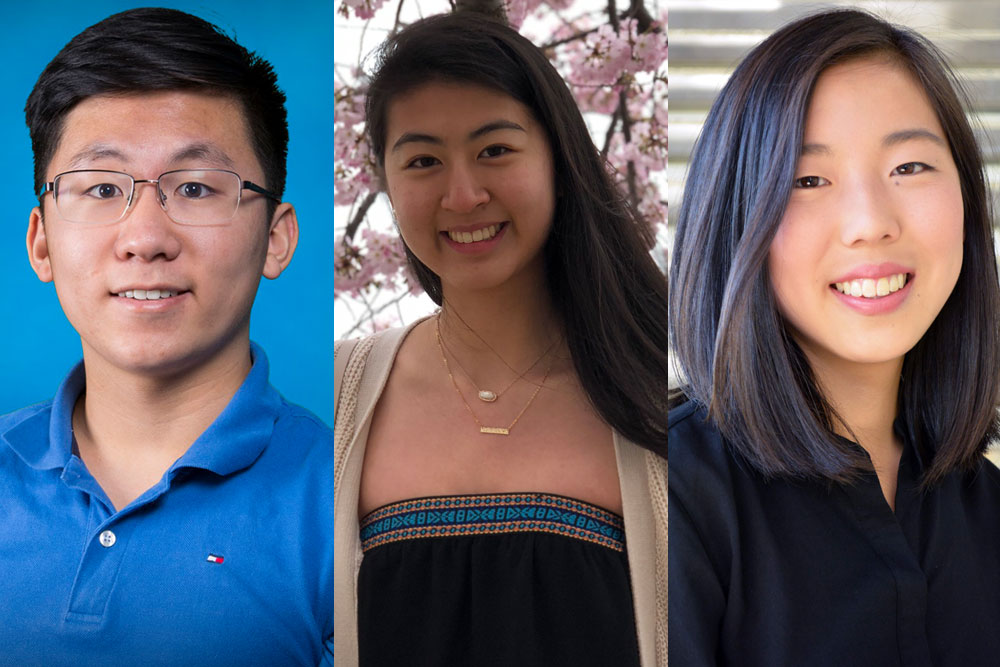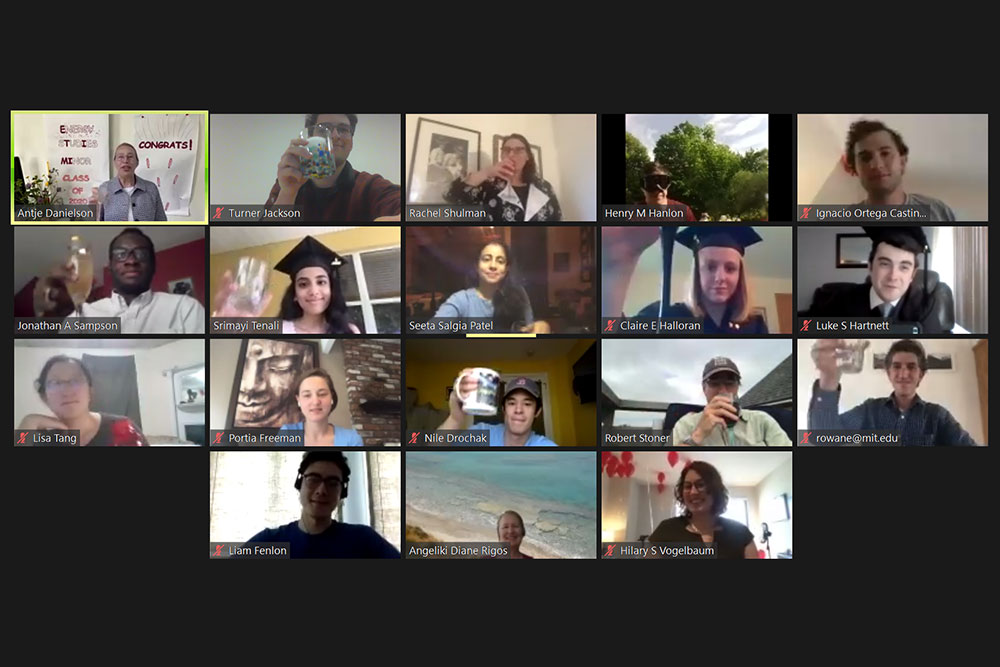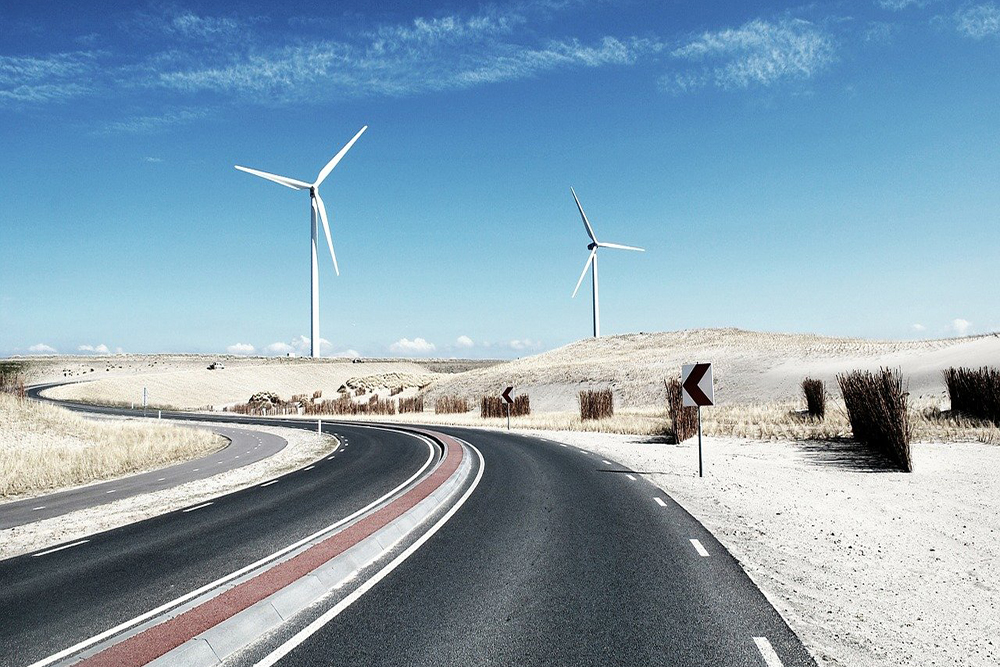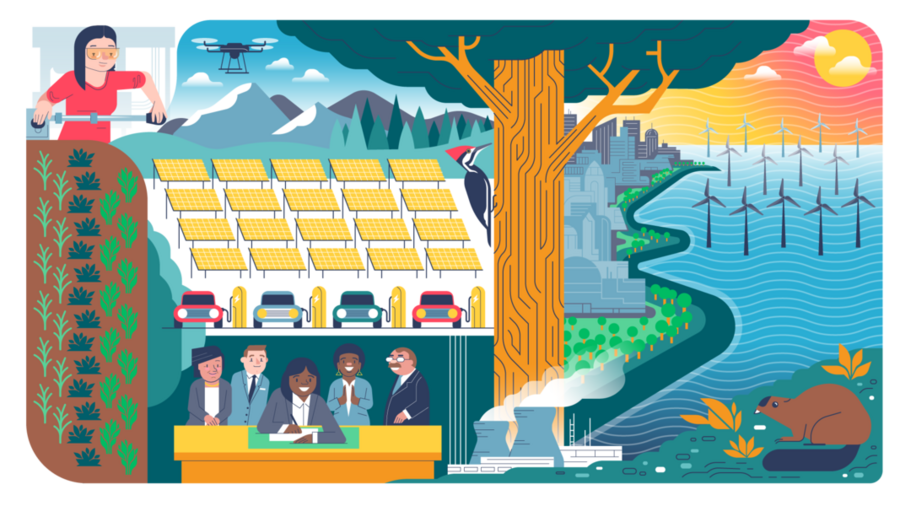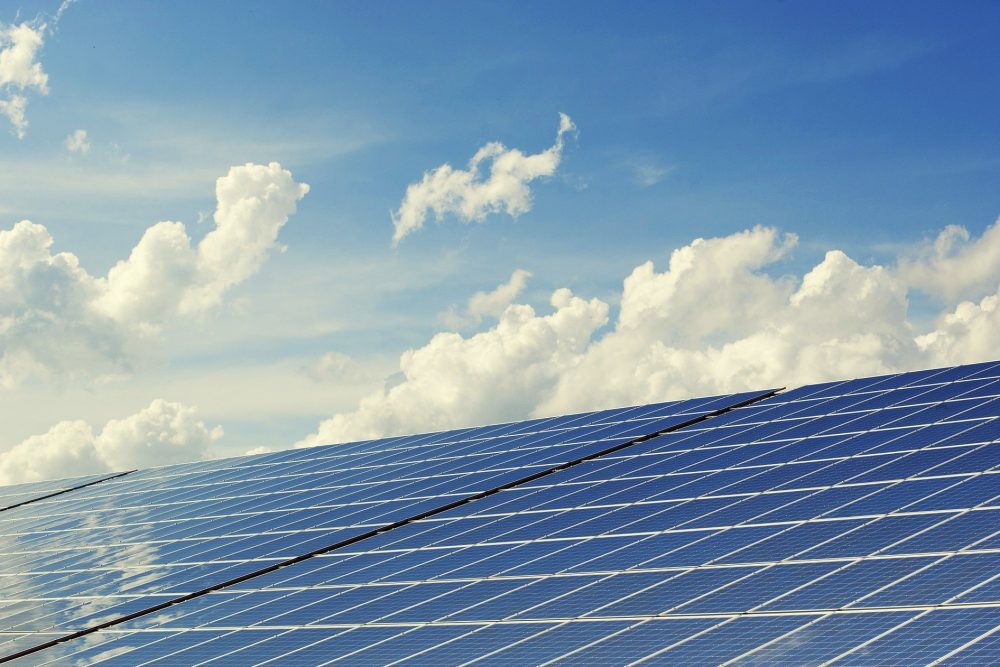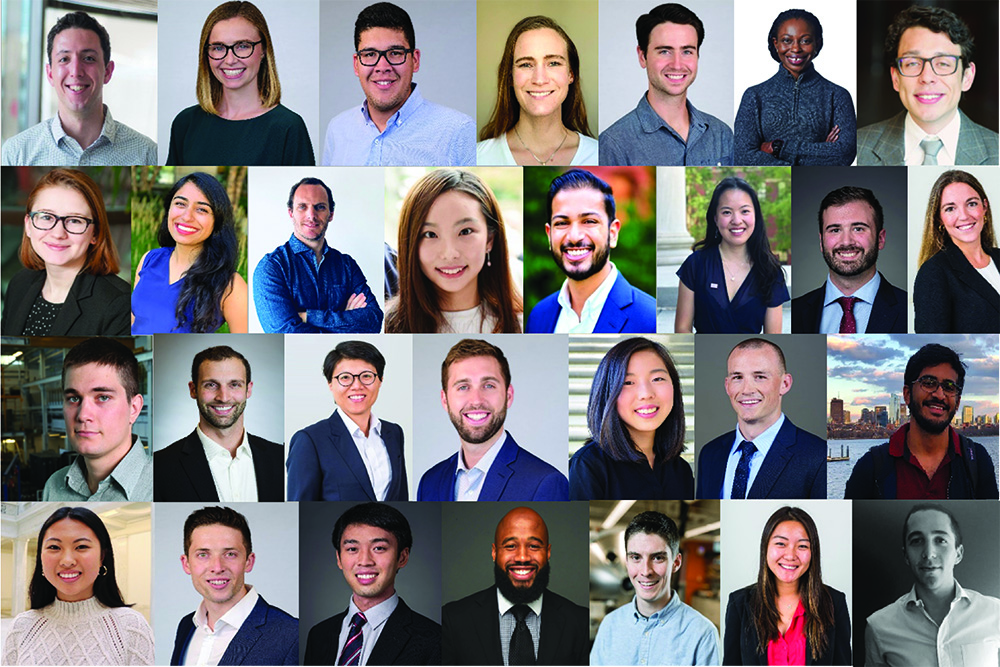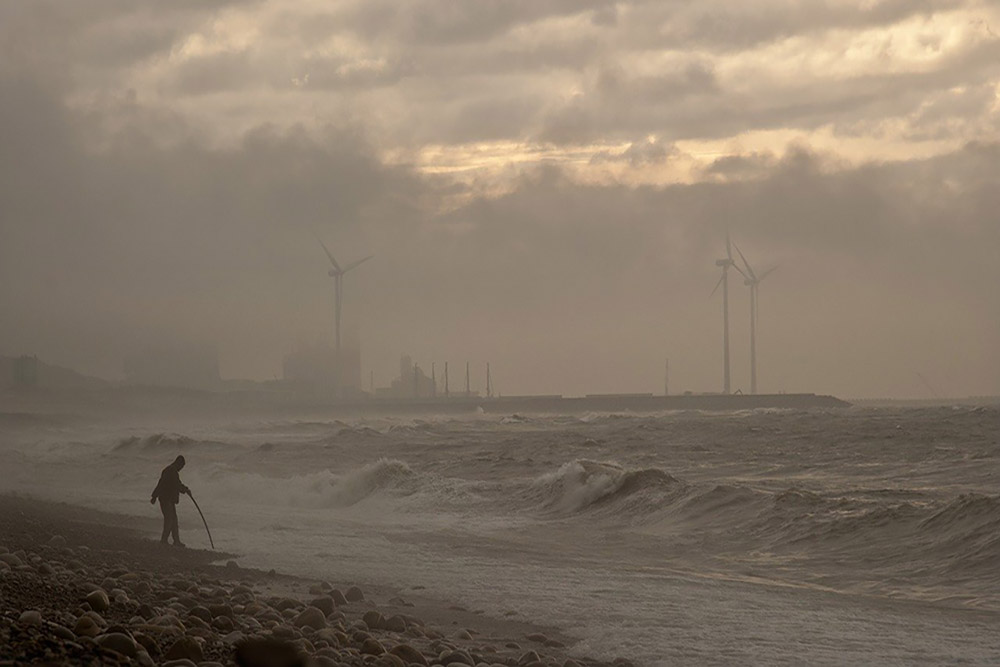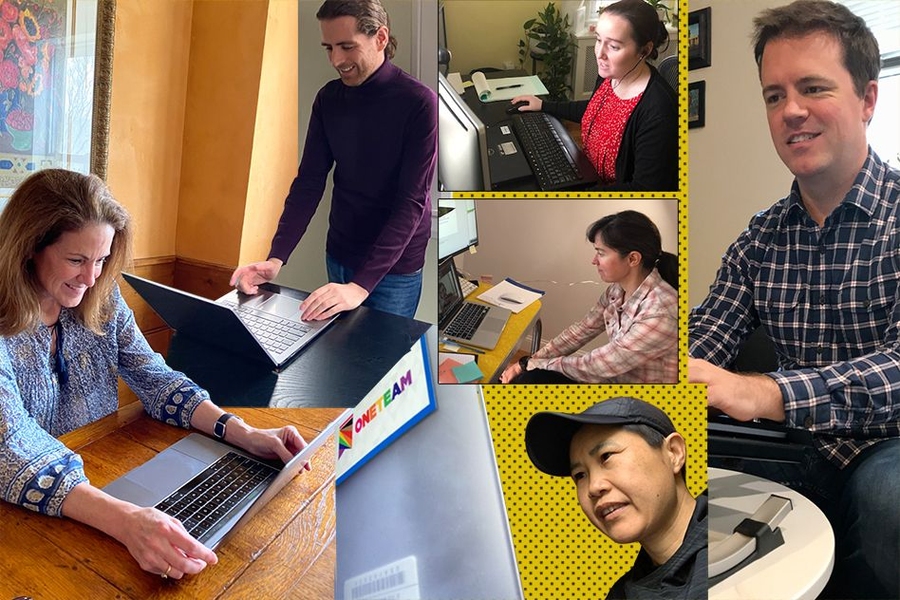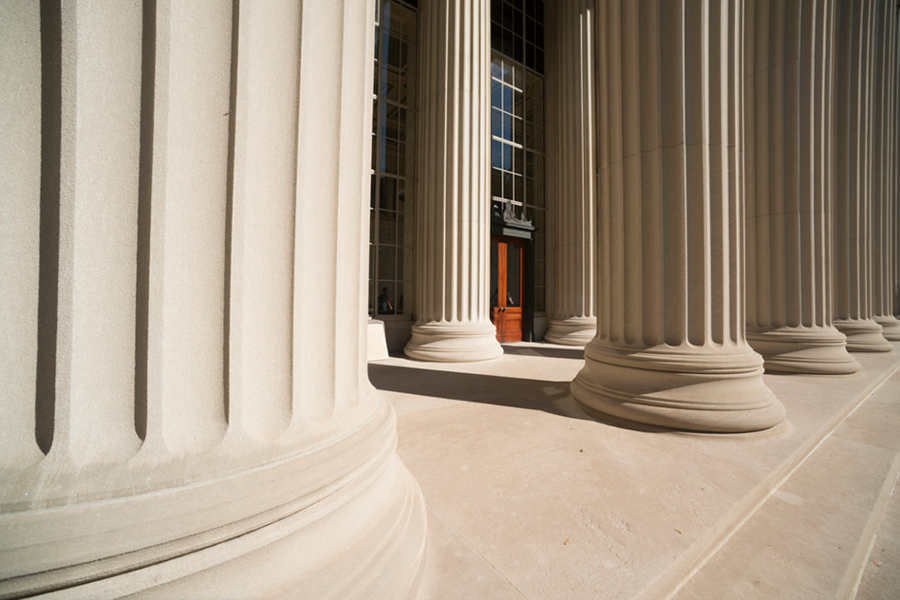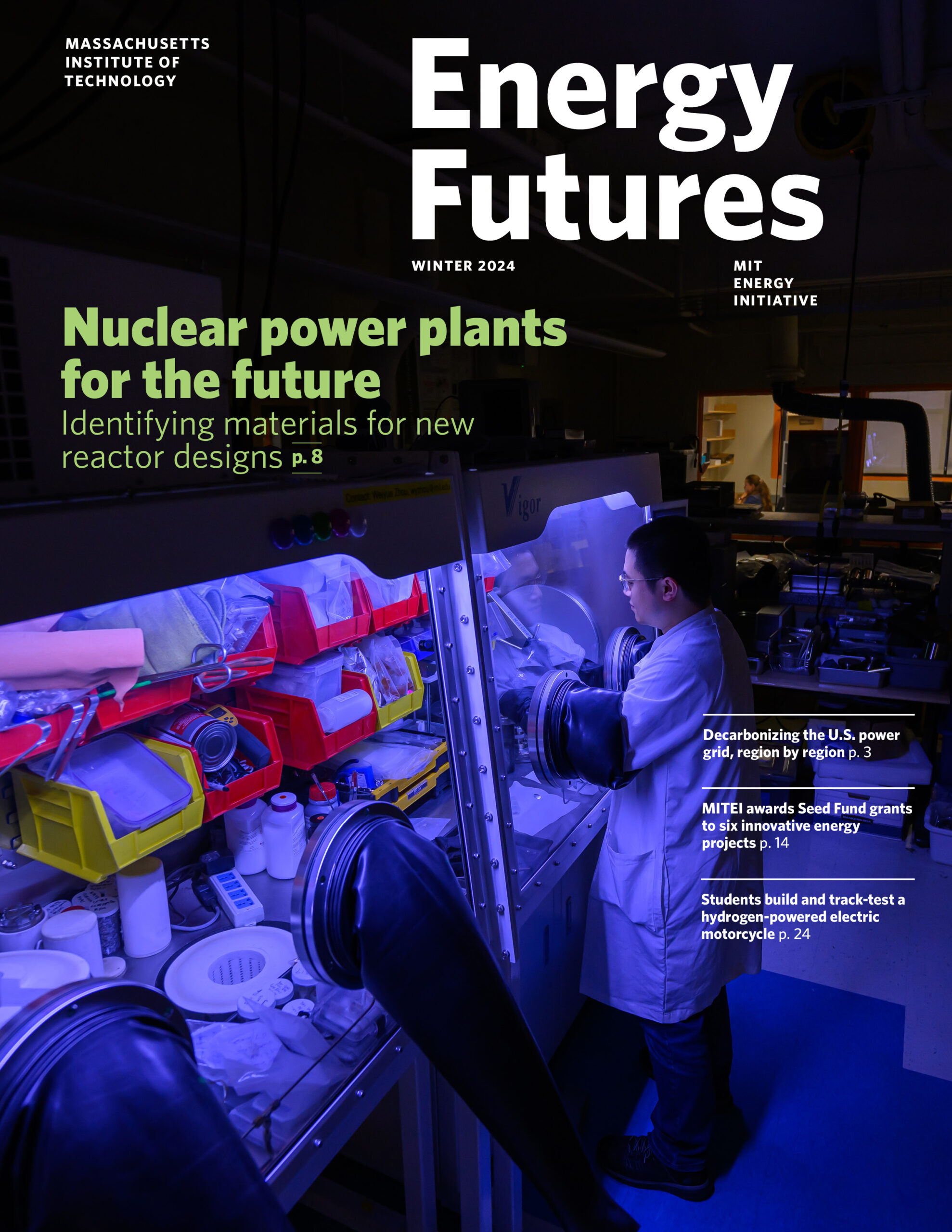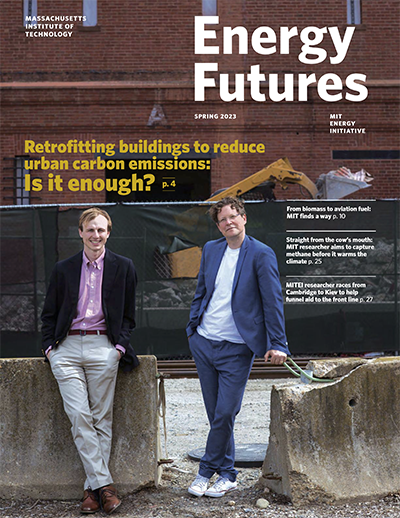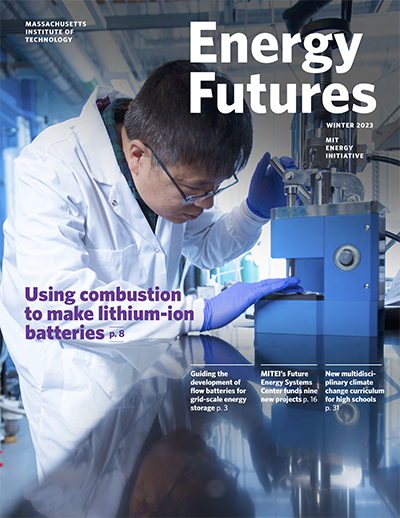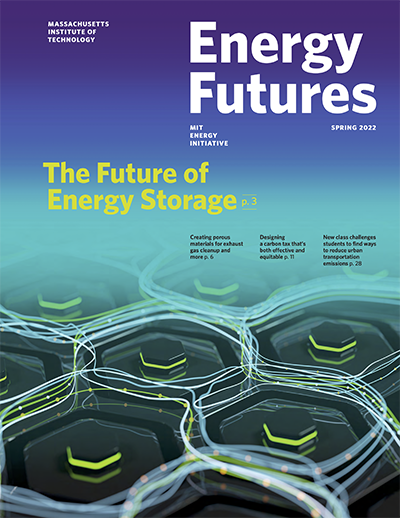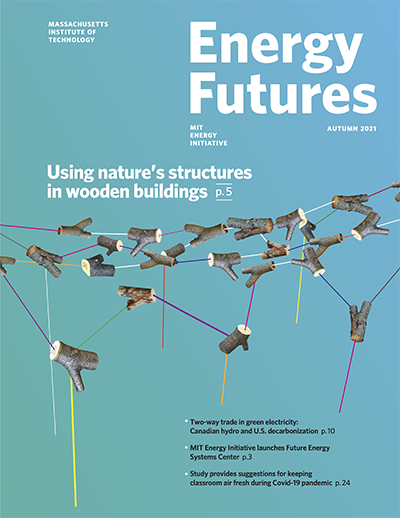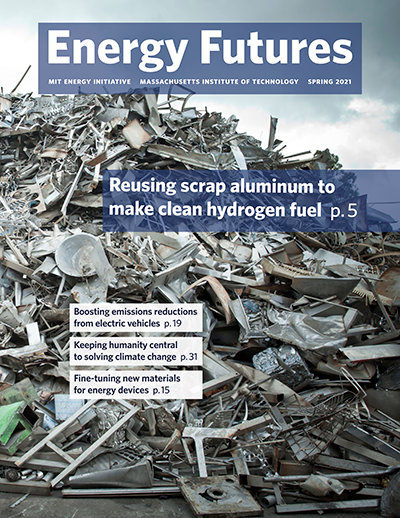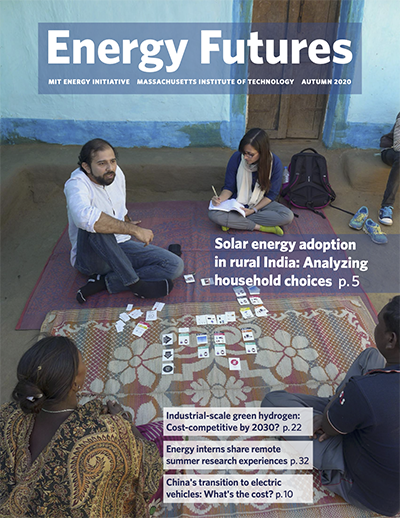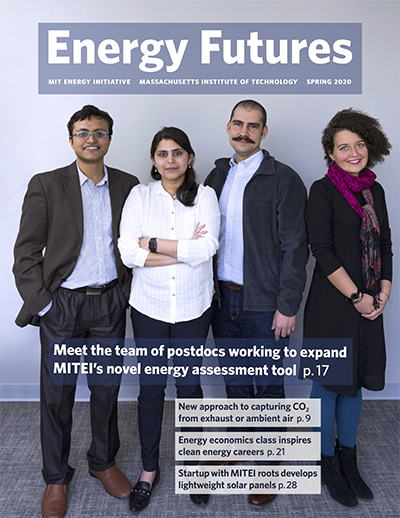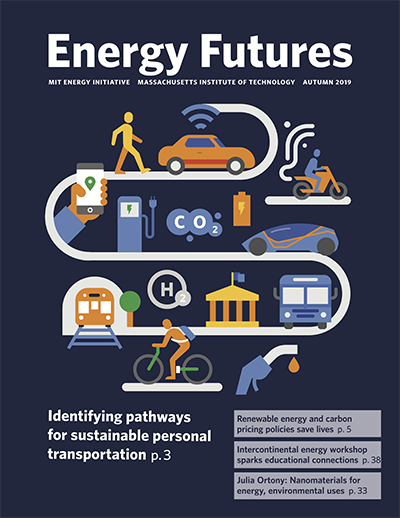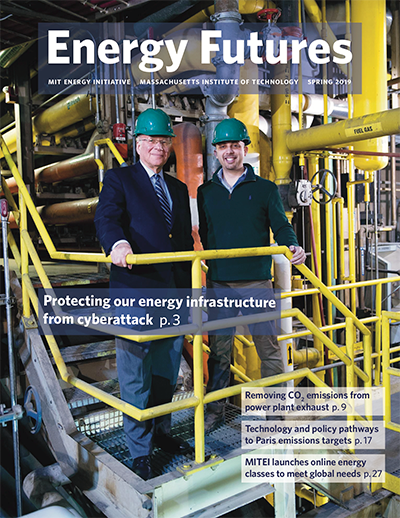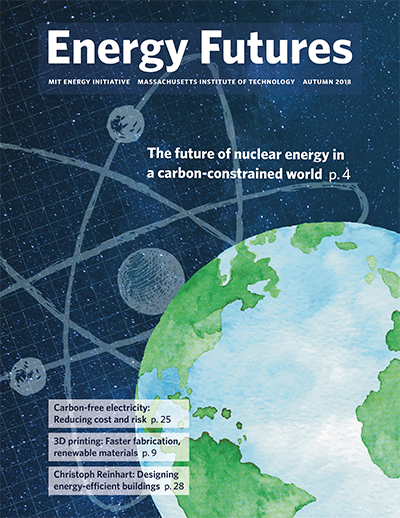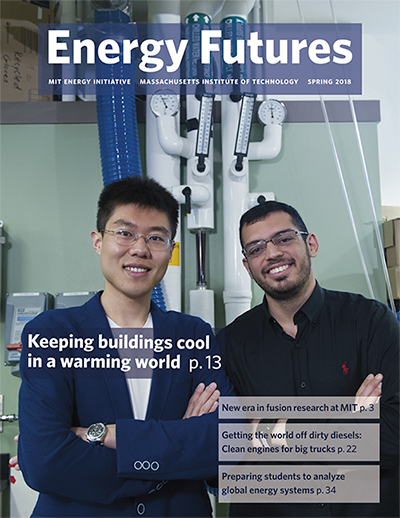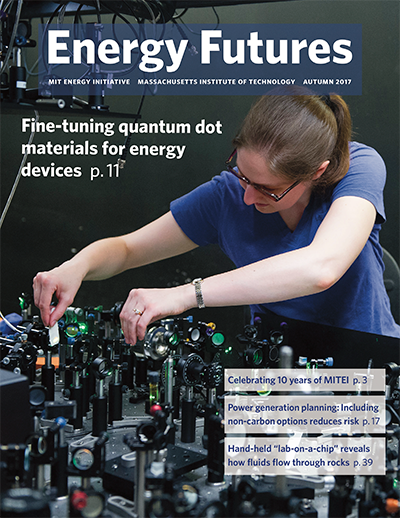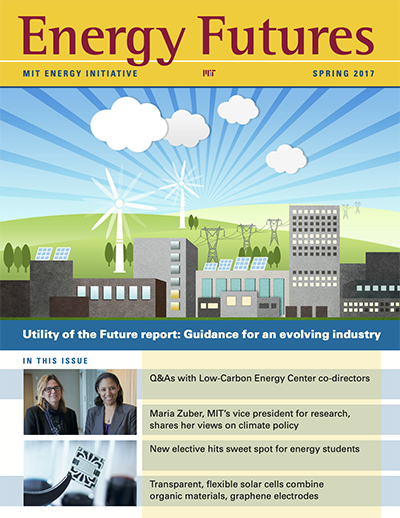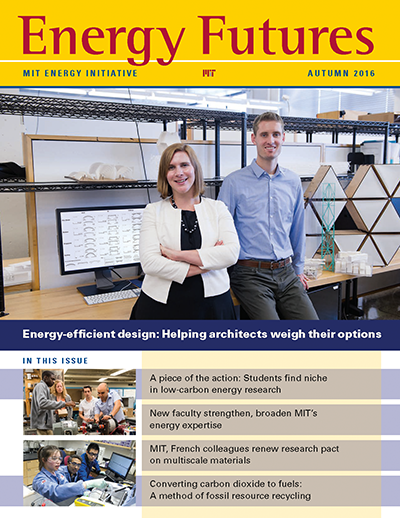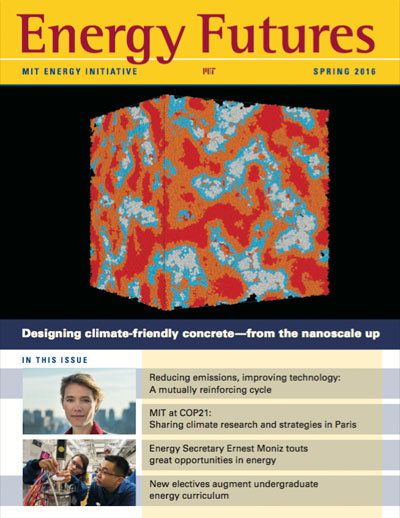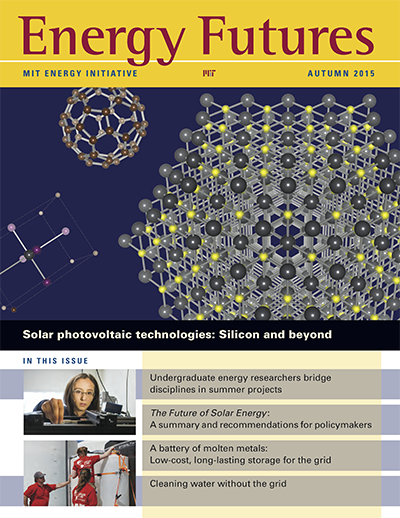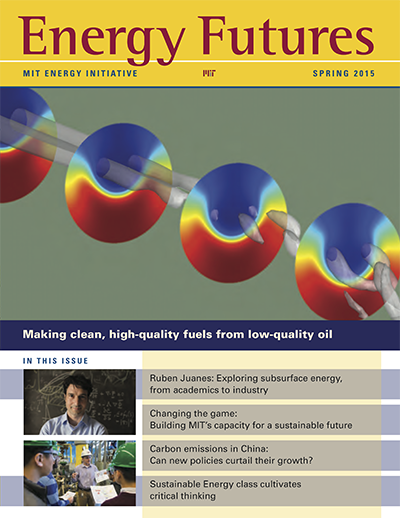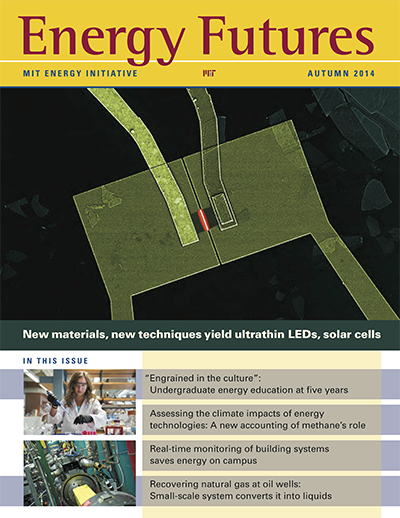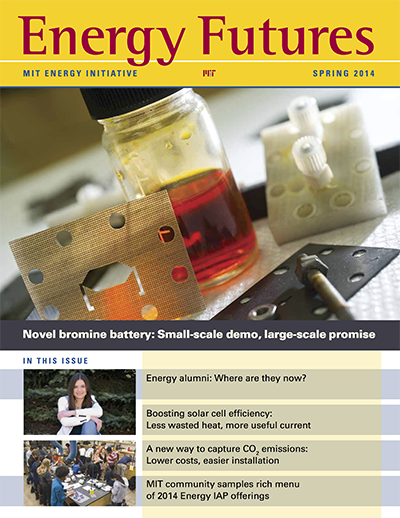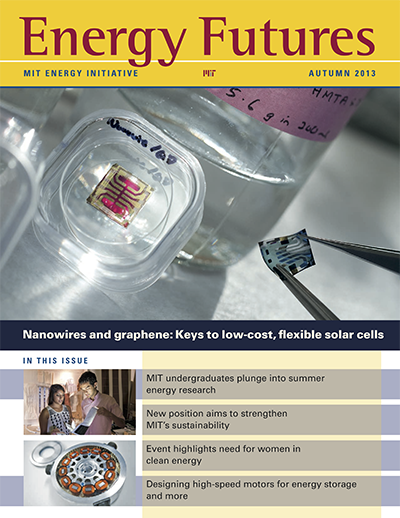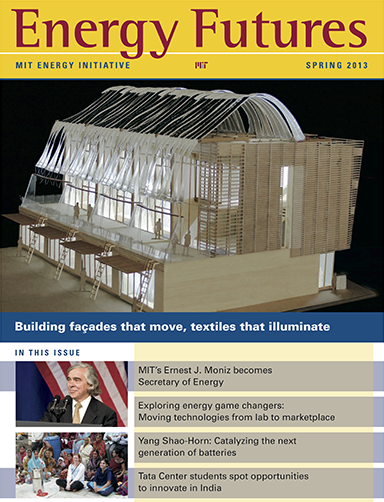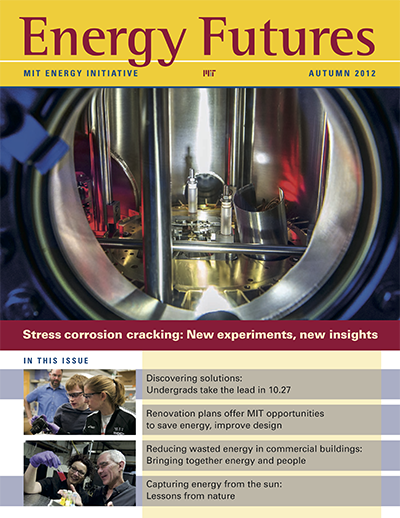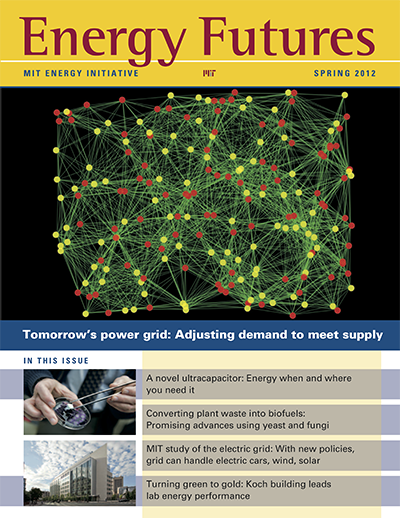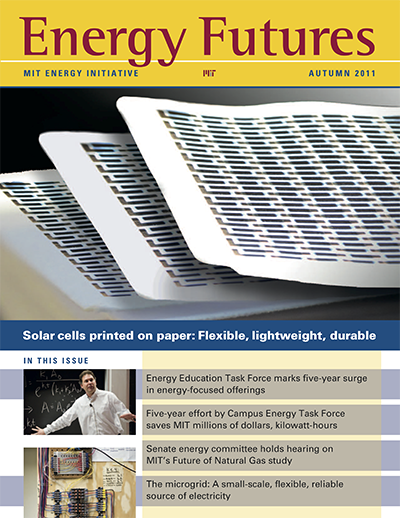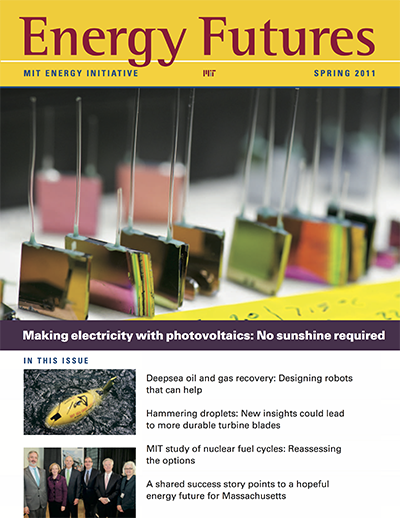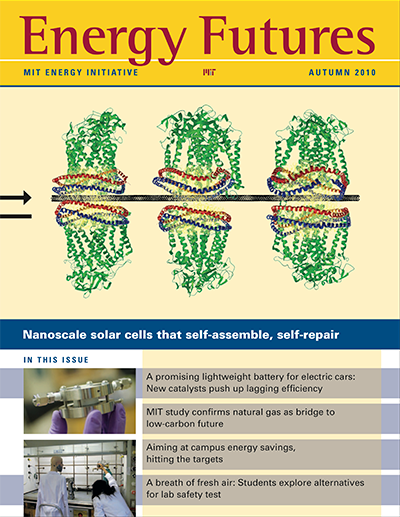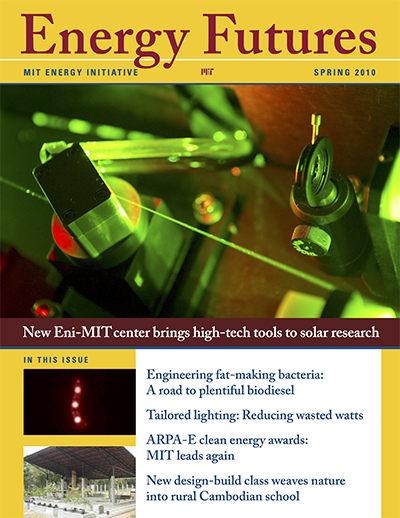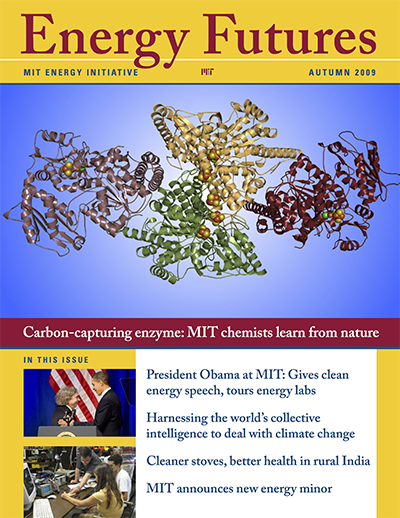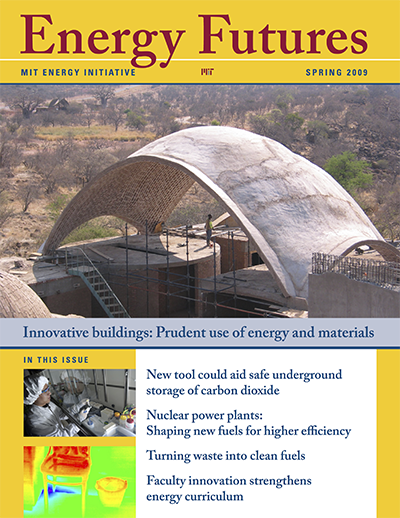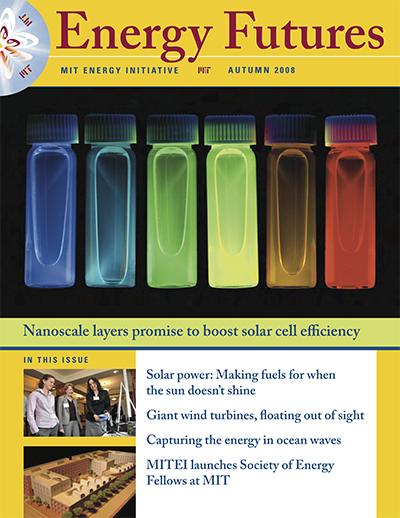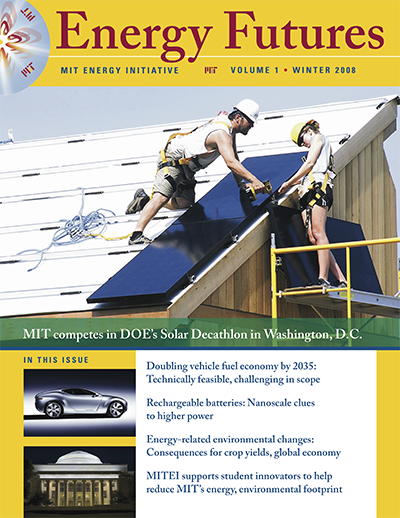Letter from the director
Dear friends,
MIT recently announced an important next step in its ongoing work to take action against global climate change: the “Climate Grand Challenges.” This Institute-level commitment seeks to stimulate and fund new ideas for high-impact, science-based mitigation and adaptation solutions for rapid, large-scale change. It builds on work that MITEI and others have done to develop faculty capability, collaborations, and foundational programs in the underlying science, technology, and policy needed to confront climate change. But if the world’s efforts to address the climate challenge are to succeed, we must continue to grow our diverse talent base to make game-changing advances on shortened time scales. MITEI is expanding its work to develop the research teams, partnerships, and resources that will address the dual challenge of mitigating climate change while ensuring equitable energy access to all people on the planet. We look forward to applying our capabilities to the Climate Grand Challenges.
This summer, MIT made another important commitment: to address systemic racism at the Institute to create a more equitable, inclusive, and just MIT. President L. Rafael Reif has called for the development and implementation of a comprehensive, Institute-wide action plan for diversity, equity, and inclusion. In August, MIT held a community event—the Day of Dialogue on race and anti-racism—to initiate an ongoing conversation that will guide our community to an anti-racist ethos. We continued the discussion at our Discover Energy First-Year Pre-Orientation Program by introducing a panel of students to discuss their experiences as researchers of color.
We have now begun the fall semester; and with safety measures in place to control the spread of Covid-19, MIT has welcomed a limited number of students, faculty, and staff back on campus. As many of us remain remote, we are continuing to find ways to keep our community engaged and connected virtually. In this issue of Energy Futures, you will read about a virtual toast for our 2020 graduating Energy Studies Minor students, weekly calls between volunteer coaches and students to provide support navigating online education and the pandemic, and the annual MIT Energy Conference’s rapid transition to a virtual platform.
Additionally, MITEI has moved its events and seminars online. You can learn about upcoming events and how to attend at energy.mit.edu/events. We are also pleased to report that MIT’s Climate Symposia resumed virtually this fall. Begun in October 2019, this six-part series examines the current state of climate science and policy and aims to generate solutions to address climate change.
Here at MITEI, researchers continue to explore and develop the technologies and policies needed to decarbonize our energy systems and mitigate the effects of greenhouse gas emissions. In this issue, you will read about an analysis of the costs and benefits of China’s efforts to transition to electric vehicles, an examination of what it would take to make industrial-scale green hydrogen cost-competitive by 2030, and more. You will also learn about new projects funded through our Seed Fund program, such as building hurricane-resilient electric grids, and through our Mobility Systems Center, such as the impacts of the Covid-19 pandemic on urban mobility.
Finally, I would like to take a moment to share our deep sorrow over the passing of three members of our community, Mario Molina, Arthur Samberg ’62, and William A. Wynot ’44—all champions of clean energy research and education. Art and Mario served on our External Advisory Board, imparting critical guidance as MITEI has worked to develop clean energy solutions. Bill was a tireless advocate of our undergraduate energy program, providing support and feedback for our Energy Studies Minor. They will be dearly missed.
Thank you for reading this issue of Energy Futures and for continuing to follow along and engage with us as we work toward a decarbonized future in which all people have fair and just access to energy and the prosperity it enables. Stay safe and healthy; and as always, please keep in touch.
Warm regards,

Professor Robert C. Armstrong
MITEI Director
